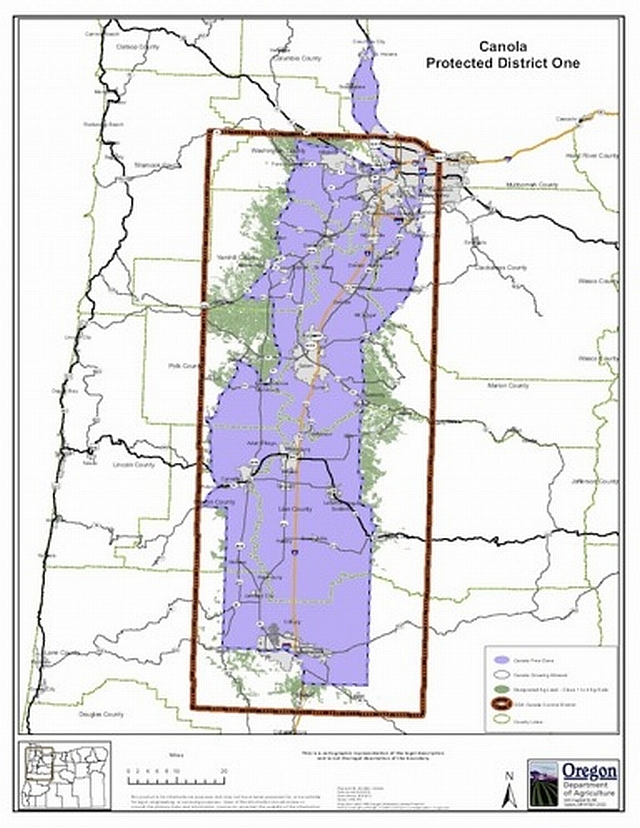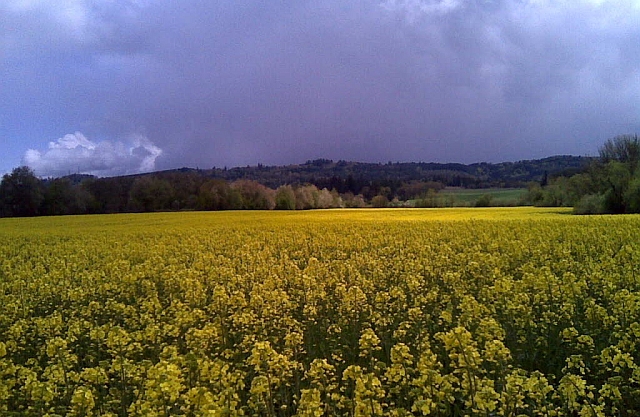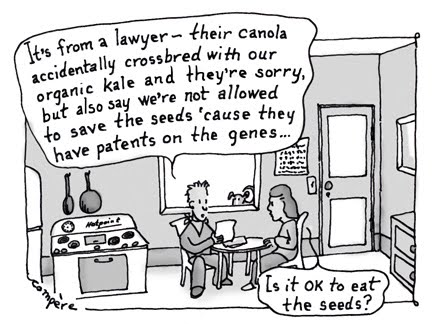I am so excited to have Julia Whitmore here today. Many of you may remember Julia from last October when we took a blogging class together with Kristen Lamb.
Julia started out as a writer and says she somehow just ended up in law school.
Somehow? How does one just end up in Law school Julia? 🙂
Then afterwards, she married and devoted her time towards motherhood.
Sounds familiar, right?
Yet, it wasn’t until the youngest child headed off to college that Julia decided it was time for her to return to writing fiction. And then somehow she found herself published in the Oregon Quarterly magazine.
Somehow? Whatever you say girl.
Julia lives with her husband in beautiful Eugene, Oregon, where other than writing, she grows apples, pears, blueberries and lots of flowers. It is Julia’s passion for nature and the environment that inspired her to write this post today.
Now before you read on, I must tell you that I had planned on writing about a similar subject, that was until I read this post on Julia’s blog the other day. And wow, was I ever impressed. So impressed that I wanted to share it here with you.
Why? Because it is a very important subject that involves the livelihood of those involved and the future of our wellbeing.
August McLaughlin has touched on this subject, but this post comes from a different side of the issue: The farmer and the worldwide community that consumes their food.
So without further ado, here’s Julia!
Thank you Karen.
Gas vs. Grass: Canola War in the Willamette Valley
It’s a STANDOFF.
In one corner, canola growers.
How lovely and benign-looking. A canola field.
In the other corner, seed producers, opponents of genetically modified crops and fresh vegetable farmers.
In Oregon it’s a long-standing feud.

“Reservoir Dogs” Mexican Standoff
For the last decade or so, Oregon’s Department of Agriculture weighed in by prohibiting canola from being grown without special permission on 3.7 million acres in the Willamette Valley.

Why? Canola likes it here a little too much. It’s a good rotation crop that doesn’t need to be watered, which means it grows like, well, a weed. It takes off quickly, and happily cross pollinates with other members of the brassica family, including grasses, radish, turnip, mustard, rutabaga, cabbage. This is fine for farmers who need to give fields a rest with an alternate crop, or are looking for a quick buck with an off-season crop. It’s not so good for the $32 million a year specialty seed business, which depends on 100% pure and untainted seeds.
Unlike most agricultural states which focus on a crop or two en masse, say corn or soy, Oregon farms produce over 200 crops, many grown for seed, which is internationally famous for high quality and purity. If you’re a fan of saving seed species diversity, this valley is heaven.
Canola is a problem for organic farmers. About 90% of the canola grown in the U.S. is genetically modified to be resistant to herbicides. Canola’s prolific cross-pollination means that unintended crops end up with GM genes, and organic farmers lose their licenses if their produce is crossed with a GM crop. The USDA doesn’t make a distinction between GM and non-GM canola, so Oregon’s Department of Agriculture doesn’t either, and offers no relief.
GM canola’s tendency to spread beyond its fields also causes problems if farmers re-plant tainted seeds, even if they do it unknowingly. See Monsanto v. Schmeiser. Why? Because once a company creates a genetically modified plant, all its offspring are the private property of said company, forever and ever. It sounds a little like me taking credit for my son’s senior college project, but whatever. Farmers have been sued. Courts have ruled in company-creators’ favor.
From the incomparable Willamette Valley Cartoonist J Compere
If all that isn’t enough, canola attracts cabbage maggots, is susceptible to stem cankers and black mold rot and other insidious plant illnesses, which then spread to other crops.
This issue, like all issues, is complicated. There are different kinds of canola, which is actually a variety of rapeseed, used throughout history for lamp oil, but until recent incarnations, too bitter for food. Recently developed strains are now usable for animal and human food, produced from the seeds. The name in fact comes from the abbreviation Can. O. L-A (Canadian Oil Low-Acid).
Anyway, on with the story. Canola’s well-documented problems were taken note of by Oregon’s Department of Agriculture, and a relatively small slice of the state was set aside as canola-free. All is well, right?
Enter biofuels. Rapeseed oil, it turns out, works pretty well as a biofuel, and so the pressure to open up more acreage to GM canola heated up. Permits for test plots in Rickreall and Baker were issued, with 3-mile protection zones set up around them, and all went well, according to the canola growers. Then the Department of Agriculture tried to pull a fast one.
On Friday, Aug. 3, just before 5 p.m. the department sent out a news release announcing that they were going to “refine” (i.e. shrink) the no-canola zone. Temporarily. (Making it temporary allowed the department to sidestep public notice or comments.) Planting to begin immediately.
Whoa.
Oregon, however, is not a state of slackers. Within days, seed growers, farmers and environmentalists filed suit against the temporary ruling. Over 10,000 people signed a petition asking the department to hold its horses. 23,000 people world wide signed the petition, which gives you an idea of how much people care about this, everywhere.
Given the immediacy of the question, the Oregon Court of Appeals granted a stay to the temporary rule (i.e., in favor of the no-canola plaintiffs),
which will be in effect until …
… the newly drafted permanent rule, which makes the temporary “refinement” of the no-canola zone immutable, takes effect. Follow all that? Translation: canola will be allowed into the protected zone unless in the coming month public pressure convinces the Department of Agriculture otherwise.
As with so many of the things we care about these days, the jury is out. Will canola be grown in Oregon’s protected agricultural zone? Does the need for fuel outweigh the need for untainted seeds and crops? Can canola be grown safely in areas where cross-breeding crops are grown? To be continued …
Whoa is right Julia! Thank you so much for bring this to our attention.
No, thank you Karen. And thanks to everyone who came by to read my post today. As you can see, I feel very passionate about this subject, but I feel it’s important for all of us to be aware of this. It doesn’t just affect us locally, but this is somethng that affects the whole world.
I’ll say it does. Thanks again Julia. And please keep us informed as this situation plays out.
To read more great posts by Julia Whitmore, please click here.
So what do you think? Granted, it was a pretty heavy subject today. But how does this affect you? Were you aware of this problem? Are you concerned about how GM foods may affect you and the health of your family? Do you think that GM foods should be labeled? What steps do you and your family take to eat healthy?
Thank you everyone for dropping by and for all your wonderful comments!
Karen


